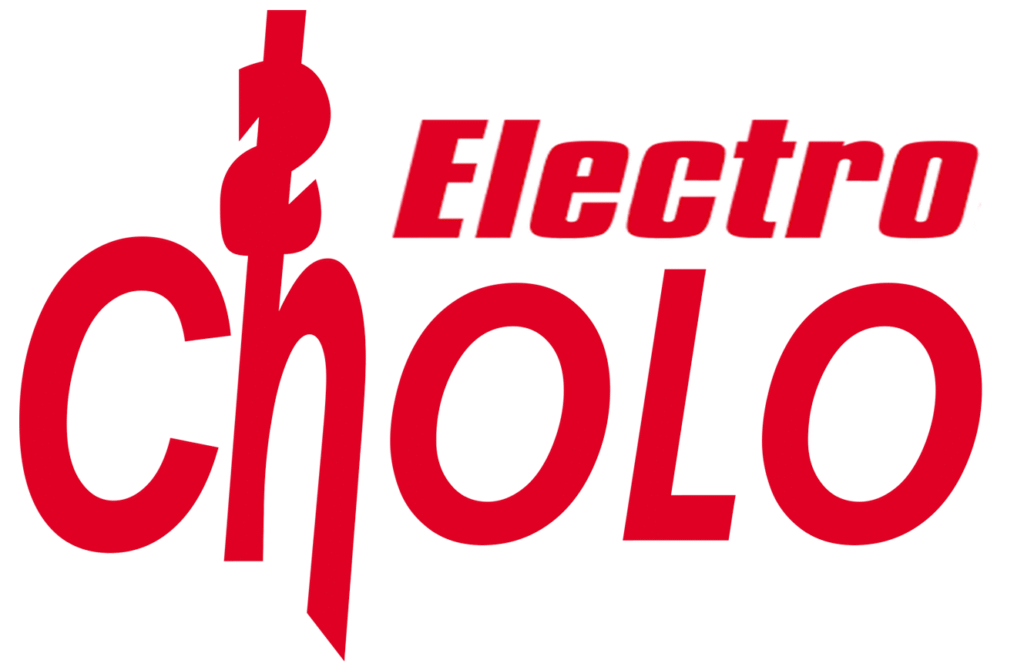Biomass
Biomass will represent 35% of fuel consumption for thermal use in Galicia in 2020

The II Galicia Energy Fair, which ends tomorrow Saturday at the ABANCA International Fair of Galicia, hosted a day focused on the Energy Guidelines of Galicia 2018-2020, organized by the Xunta de Galicia.
Within its framework, the general director of Energy and Mines, Ángel Bernardo Tahoces, took stock of the energy sector in the period 2009-2017, while announcing some figures for the sector, such as that it represents 4.3% of the GDP of Galicia and generates 10,000 direct and 22,000 indirect jobs, making it a sector with considerable strategic value. Likewise, he presented the three lines on which the Energy Guidelines of the Galician Administration 2018-2020 will focus, which are the evolution that renewable energies will have in the period, how to reduce energy consumption and also the evolution of the so-called transition fuel , natural gas.
In this regard, the general director indicated the impact that the guidelines in Galicia will have, highlighting that, until 2020, the investment will be 3,141 million eurand more than 12,000 jobs will be created. At the same time, around 150 million annually will be saved.
Likewise, he explained that 84% of electricity consumption and 34% of heating and cooling consumption will come from renewable sources and that biomass will represent 35% of the consumption of fuels used for thermal use. 82% of the population of Galicia will have access to gas and CO2 emissions will be reduced by 4 million tons throughout the period.
With all this, Bernardo Tahoces indicated that in 2020 45% of the final energy consumption in Galicia will be renewable sources, which means exceeding the objectives established by the EurOpea Union for that year and also those that are considered by 2030.
Energy efficiency
Energy savings and efficiency at the local level and in the industry of the future were the focus of two days also organized today by the Energy Institute of Galicia.
The keys to municipal energy savings, energy efficiency in outdoor public lighting, the benefits of electrical self-consumption in Galicia, the financing of energy saving projects through energy service companies, aid for energy efficiency and renewable energies in the city councils and the Econeighborhood as a new concept of sustainable urban development were the topics addressed in the first of them.
The second of the sessions, on the green economy, discussed the value of data to be more efficient in energy productivity, efficiency and continuity in the energy transition from the point of view of cogeneration, the integration of renewable energies in processes industrial, the potential of biogas in Galicia from agro-industrial waste, advanced energy management systems and financing from the Center for Industrial Technological Development (CDTI) for R&D&I projects.
